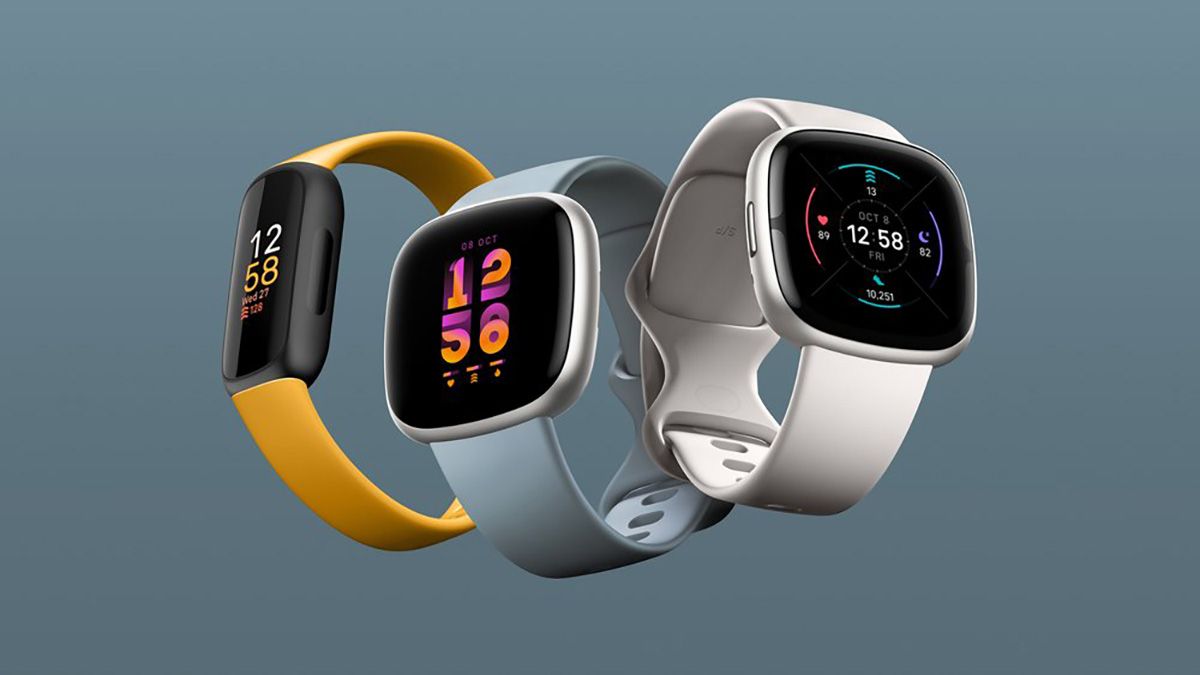Even though Google's acquisition of Fitbit has cleared regulatory hurdles, there still aren't many Google services or apps available on Fitbit devices. That's starting to change with three new fitness trackers, which also have hardware changes in tow.
First is the Inspire 3, Fitbit's new entry-level health tracker with a price of $99.99. It still has continuous heart rate monitoring, sleep tracking, a thin design, a color touchscreen, and a battery life of up to 10 days on a single charge. The older Inspire 2 had a monochrome LED screen in comparison, and Fitbit added a SpO2 sensor too.
Fitbit also released the Versa 4 and Sense 2, updates to its higher-end smartwatches. Both watches are slightly thinner and lighter, with some interface changes inspired by Wear OS -- they're still using Fitbit's usual operating system, though. Google Maps and Google Wallet are both "coming soon," the latter of which will serve as a new alternative to Fitbit Pay. The premium Sense 2 adds a continuous electrodermal activity (cEDA) sensor for constant stress tracking, instead of the periodic checks that the previous model offered. Fitbit will charge $229.95 for the Versa 4, and $299.95 for the Sense 2.
The new wearables arrive as Google is preparing its first Wear OS smartwatch, the long-awaited Pixel Watch. It will use the same Wear OS platform as Fossil and Mobvoi's smartwatches, which means more apps and services will be available compared to Fitbit wearables, but battery life will almost certainly be worse. The operating system on Fitbit devices is much more energy-efficient, so it can't be easily merged into Wear OS -- leaving Google with two completely different software platforms for wearables.

